atrial fibrillation
Atrial Fibrillation (AF) is one of the commonest heart rhythm abnormalities worldwide. It can affect up to 3% of the population and becomes much more common with age.
AF is an irregular heart rhythm that originates from the top chambers of heart and causes the heart to sometimes be rapidly and in an irregular fashion. The symptoms can vary and can include palpitations, shortness of breath, fatigue, and in the extreme case, blackouts, chest pain and can result in hospital admission. Sometimes AF can present with no symptoms whatsoever or even symptoms that are very subtle and have been put down to ageing.
AF can be caused by certain underlying heart conditions such as high blood pressure, problems with the heart valves and coronary artery disease-such as angina and heart attacks. AF will also be caused by hormone problems such as an overactive thyroid. Also lifestyle can lead to AF such as being obese and excessive alcohol intake. Other less common causes are problems with the heart muscle (cardiomyopathy), congenital heart disease, and pulmonary embolism (blood clot in the lung). However, many patients experience AF with no underlying cause whatsoever. In this case it is called lone AF.
If your fibrillation is diagnosed by ECG (electrocardiogram). However, a simple check of the pulse at the wrist, can often lead to the diagnosis. If your doctor suspects that you have AF then you may be referred for an ECG, a heart scan (echocardiogram), and blood tests.
Atrial fibrillation leads to an increased risk of stroke which depends on a number of factors such as your age and other health problems. To reduce the risk of stroke, some people are offered blood thinning medications (anticoagulants) but you will need to have an individual assessment for this.
AF can also lead to very fast heart rates which if left untreated, can cause heart muscle fatigue, and in some cases lead to heart failure.
Thankfully, AF is a treatable condition. There are many options for treatment which can be tailored to your individual needs and can include lifestyle adjustments, medications to control the heart rhythm and/or limit its rate. There are also minimally invasive procedures such as catheter ablation which have also successfully treat your AF.
An excellent patient resource for AF information is the BHF website.
If you have been diagnosed with AF and would like an expert opinion, I would be delighted to help you.

